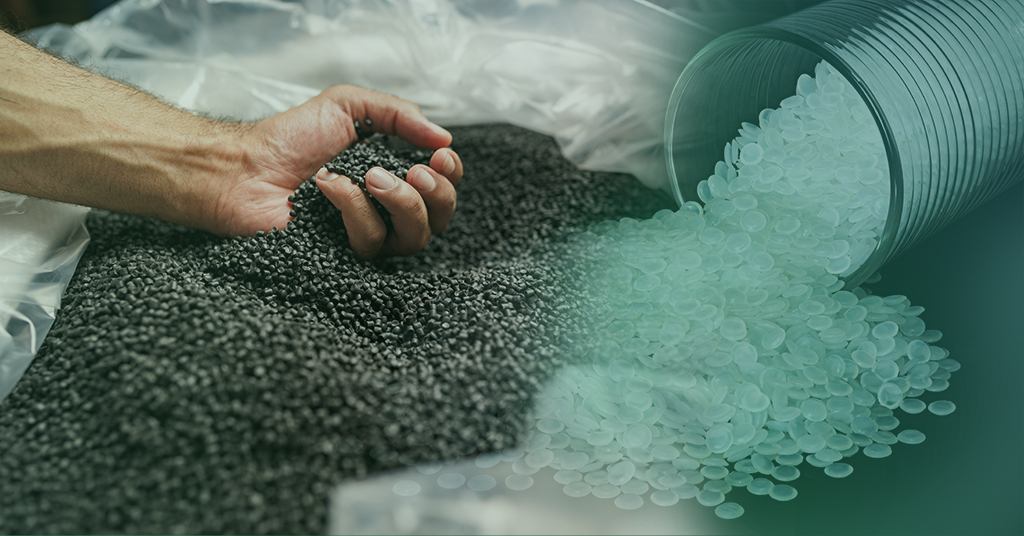Welcome To ChemAnalyst

Linx Printing Technologies, a leading manufacturer of coding and marking solutions, has introduced two new inks specifically designed to overcome the challenges of coding on flexible plastic packaging. The newly launched inks, Linx Black Strong Plastic-Film Ink 1015 and 3415, are formulated to ensure reliable code adhesion and clarity on a variety of plastic film packaging formats. These inks are ideal for use with plastic flow wraps for dry foods and plastic pouches used for packaging food sauces, household chemicals, confectionery, and pet food.
Simon Millett, Linx Printing Technologies’ inks product manager, highlighted the impact of evolving industry demands and legislative changes on the packaging sector. He explained that new plastic taxes, along with increased pressure from retailers and consumers to reduce plastic usage, have driven manufacturers to adopt stronger laminated plastic films and more recycled or recyclable packaging materials. This shift has resulted in the widespread use of thin, flexible plastic wraps and pouches made from materials such as oriented polypropylene (OPP), biaxially-oriented polypropylene (BOPP), high-density polyethylene (HDPE), and low-density polyethylene (LDPE). However, these materials can be challenging for ink adhesion, leading to issues where codes smudge, scratch, or rub off during production or transit. This can result in costly rework, product rejections, or even fines for manufacturers.
To address these challenges, Linx’s new inks are specifically formulated for better adhesion on low surface energy plastics. The Linx Black Strong Plastic-Film Ink 1015 and 3415 are also designed to meet stringent safety and environmental standards. Both inks are free from per- and polyfluoroalkyl substances (PFAS) and other harmful chemicals, such as carcinogens, mutagens, and reprotoxic substances, ensuring they meet the European Printing Ink Association Exclusion Policy. Additionally, the 3415 variant is non-MEK (methyl ethyl ketone), further enhancing its environmental profile.
Linx conducted extensive global testing of these inks across a range of packaging formats in several countries, including France, Australia, the UK, China, India, the Philippines, and Poland. This testing ensured that the inks would perform effectively in various environments and on different packaging types.
The introduction of Linx Black Strong Plastic-Film Inks 1015 and 3415 is aimed at helping manufacturers achieve full traceability for their products by providing durable and reliable coding on plastic packaging. Dr. Amy Ruddlesden, Linx Printing Technologies’ ink development manager and principal chemist, emphasized the rigorous development process behind these new inks. She explained that the team of scientists tested over 100 different formulations to create a truly versatile solution that could meet the needs of a wide variety of packaging types and applications.
These new inks represent a significant advancement in coding technology, offering manufacturers a solution to the growing challenges of coding on modern plastic packaging while ensuring compliance with environmental regulations and improving operational efficiency.
We use cookies to deliver the best possible experience on our website. To learn more, visit our Privacy Policy. By continuing to use this site or by closing this box, you consent to our use of cookies. More info.
